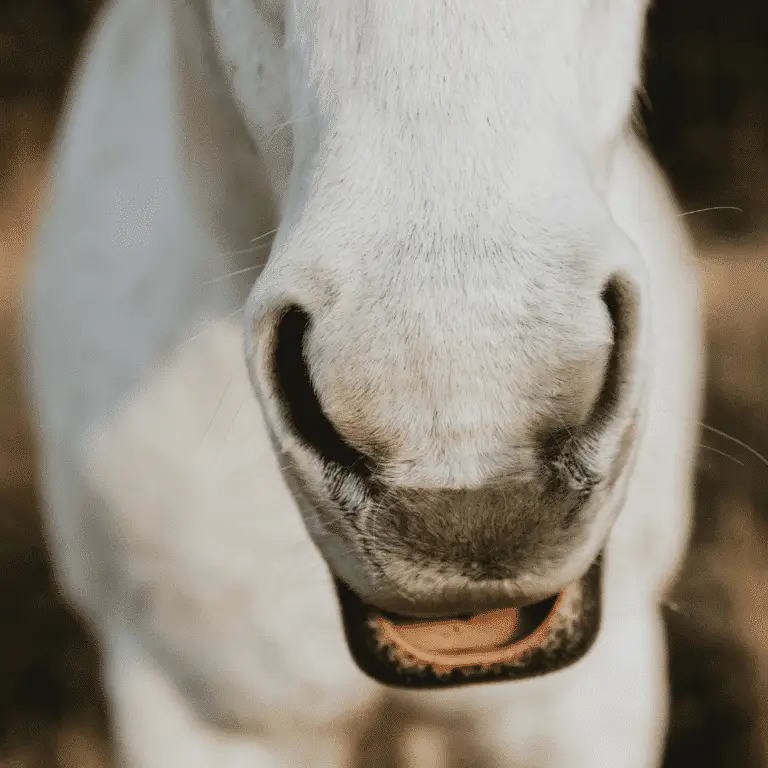Cryptococcosis is a fungal infection caused by the yeast-like fungus Cryptococcus neoformans. It is a rare disease in horses, but when it does occur, it can cause serious health problems and even death.
Horses can become infected with Cryptococcus through inhalation of fungal spores from the environment, and once the fungus is inhaled it can travel to the lungs and cause respiratory tract infections. The fungus can also disseminate to other parts of the body, including the central nervous system, skin, and bones.
The fungi are found in soil and bird droppings (especially those of pigeons but also from chickens, canaries, parrots, cockatoos, parakeets, sparrows, starlings, and turtledoves).
